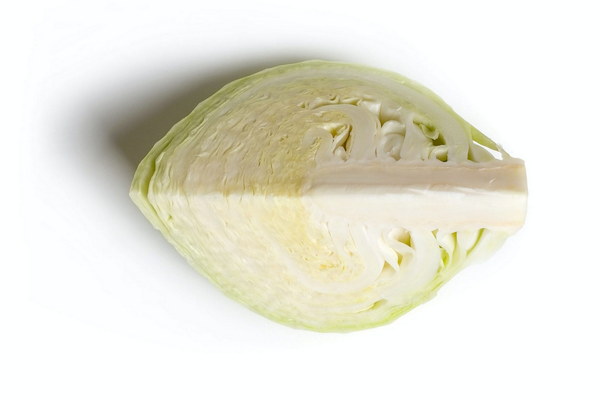Can Yin Deficiency Lead to Dampness Removal Exploring Traditional Chinese Medicine Perspectives
In traditional Chinese medicine (TCM), the concept of yin and yang plays a crucial role in understanding the balance of the body's internal environment. Yin refers to the cold, slow, and passive aspects, while yang represents the hot, active, and dynamic elements. Yin deficiency, one of the common imbalances in TCM, is characterized by symptoms such as fatigue, low body temperature, and dryness in various parts of the body. The question arises: Can a person with yin deficiency expel dampness? This article aims to explore this topic from the perspective of TCM.

Firstly, let's define dampness in TCM. Dampness is considered an external pathogen that can enter the body and disrupt its balance. It is characterized by symptoms such as fatigue, heaviness, and swelling in the body. In TCM, dampness is often associated with summer and rainy seasons when the weather is humid.
Yin deficiency and dampness are two different pathologies with distinct characteristics. However, in some cases, they can coexist and exacerbate each other's symptoms. When a person has yin deficiency, the body's ability to regulate moisture in tissues may be compromised, leading to an increased risk of dampness accumulation.
The relationship between yin deficiency and dampness can be understood through the following points:
1. Yin deficiency leads to internal heat: In TCM, yin deficiency can result in an excess of internal heat, as yin substances have a cooling effect on the body. This internal heat can create an environment conducive to dampness formation.
2. Heat facilitates dampness production: When the body is overheated, it may produce excessive dampness. This dampness can then further exacerbate the yin deficiency, leading to a vicious cycle.
3. Yin deficiency weakens the spleen and kidney: In TCM, the spleen and kidney are responsible for maintaining the body's balance and fluid metabolism. A yin deficiency can weaken these organs, making it difficult for them to eliminate dampness.
4. Treatment approaches: TCM treatment for yin deficiency and dampness usually involves a combination of herbal medicine, diet, and lifestyle adjustments. These methods aim to nourish yin, cool internal heat, and strengthen the spleen and kidney functions.
To answer the question of whether a person with yin deficiency can expel dampness, the answer is yes, but it requires a personalized and targeted approach. The following strategies can help alleviate dampness in individuals with yin deficiency:
1. Herbal medicine: TCM herbal formulas can be prescribed to nourish yin and expel dampness. Some commonly used herbs include rehmannia, peony, and poria cocos.
2. Diet: A diet rich in yin-nourishing foods, such as soy milk, tofu, and seafood, can help alleviate yin deficiency. Avoiding damp-producing foods like cold drinks, raw vegetables, and excessive fruits can also be beneficial.
3. Lifestyle adjustments: Adequate rest, moderate exercise, and avoiding damp and humid environments can help reduce dampness accumulation.
4. Acupuncture and moxibustion: These TCM therapies can help regulate the body's energy flow and address both yin deficiency and dampness.
In conclusion, while yin deficiency and dampness are distinct pathologies in TCM, they can coexist and exacerbate each other's symptoms. By adopting a personalized treatment approach that addresses both yin deficiency and dampness, individuals can achieve a better balance and alleviate their symptoms. It is essential to consult with a qualified TCM practitioner to determine the most suitable treatment plan for your specific condition.









